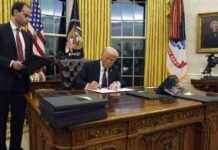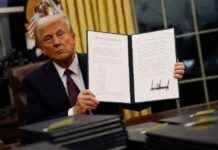FTC’s Success in Regulating Welsh Carson’s Anesthesia Empire
In a groundbreaking move at the end of Joe Biden’s presidency, the Federal Trade Commission (FTC) has announced a significant settlement with Welsh, Carson, Anderson, and Stowe. This settlement is designed to limit the private equity firm’s involvement in its anesthesia business, which the FTC has identified as a monopoly. This development comes after a long and arduous legal battle that seemed to reach a dead end last year.
The FTC’s Second Attempt
After a district judge dismissed the FTC’s initial case against Welsh Carson, many believed that the agency’s pursuit of regulating the firm’s anesthesia empire was over. However, the FTC has now taken a bold step by drafting a new complaint and presenting it directly to Welsh Carson without filing it in court. This strategic move gave Welsh Carson a clear choice: settle or face legal action. In the interest of avoiding further expenses and distractions, Welsh Carson opted to settle with the FTC.
Ongoing Legal Battles
In addition to its case against Welsh Carson, the FTC has also taken legal action against the anesthesia business associated with the firm, U.S. Anesthesia Partners (USAP). While the federal judge overseeing the Welsh Carson case declined to dismiss USAP, the legal battle against this entity is still ongoing. The outcome of this case could have far-reaching implications for the healthcare industry and the regulation of monopolies.
Expert Insights
According to hospitals and insurance reporter Tara Bannow, this settlement represents a significant victory for the FTC in its efforts to regulate Welsh Carson’s anesthesia empire. Bannow’s coverage of hospitals, providers, and insurers sheds light on the complex legal and regulatory issues at play in this case. As the story continues to unfold, it will be crucial to monitor the impact of this settlement on the broader healthcare landscape.
In conclusion, the FTC’s success in regulating Welsh Carson’s anesthesia empire marks a pivotal moment in the ongoing efforts to combat monopolistic practices in the healthcare industry. As stakeholders await further developments in this case, the implications of this settlement will undoubtedly reverberate throughout the sector.

















